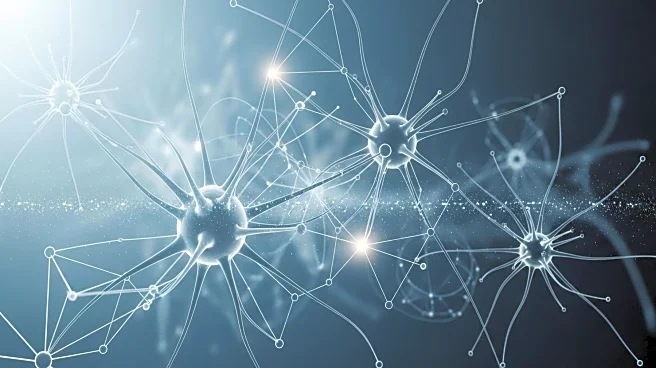What's Happening?
A new study has developed a causal framework to align image quality metrics with deep neural network robustness. The research focuses on image classification tasks, using benchmark datasets to evaluate the relationship between image quality assessment (IQA) metrics and neural network performance. The study found that conventional non-reference IQA metrics are weakly predictive of neural network performance, suggesting a need for alternative approaches. The framework aims to identify shared visual features that influence both prediction and quality, providing insights into the correlation between IQA metrics and model accuracy.
Why It's Important?
This research is significant for the field of artificial intelligence and machine learning, as it addresses the challenge of evaluating neural network robustness in relation to image quality. The findings highlight the limitations of current IQA metrics and suggest that new metrics are needed to better predict neural network performance. This has implications for industries relying on AI for image classification, as improved metrics could enhance model reliability and accuracy. The study's framework provides a foundation for developing metrics that align more closely with neural network performance, potentially leading to advancements in AI technology.
What's Next?
The study suggests that further research is needed to develop IQA metrics that satisfy all desiderata and effectively predict neural network performance. Future work may focus on using the causal framework to design task-guided metrics that align with neural network performance. This could involve exploring alternative formulations of the causal model to recover dependencies between model accuracy and IQA metrics. The research opens avenues for improving dataset analysis and model robustness, which could benefit AI applications across various sectors.










